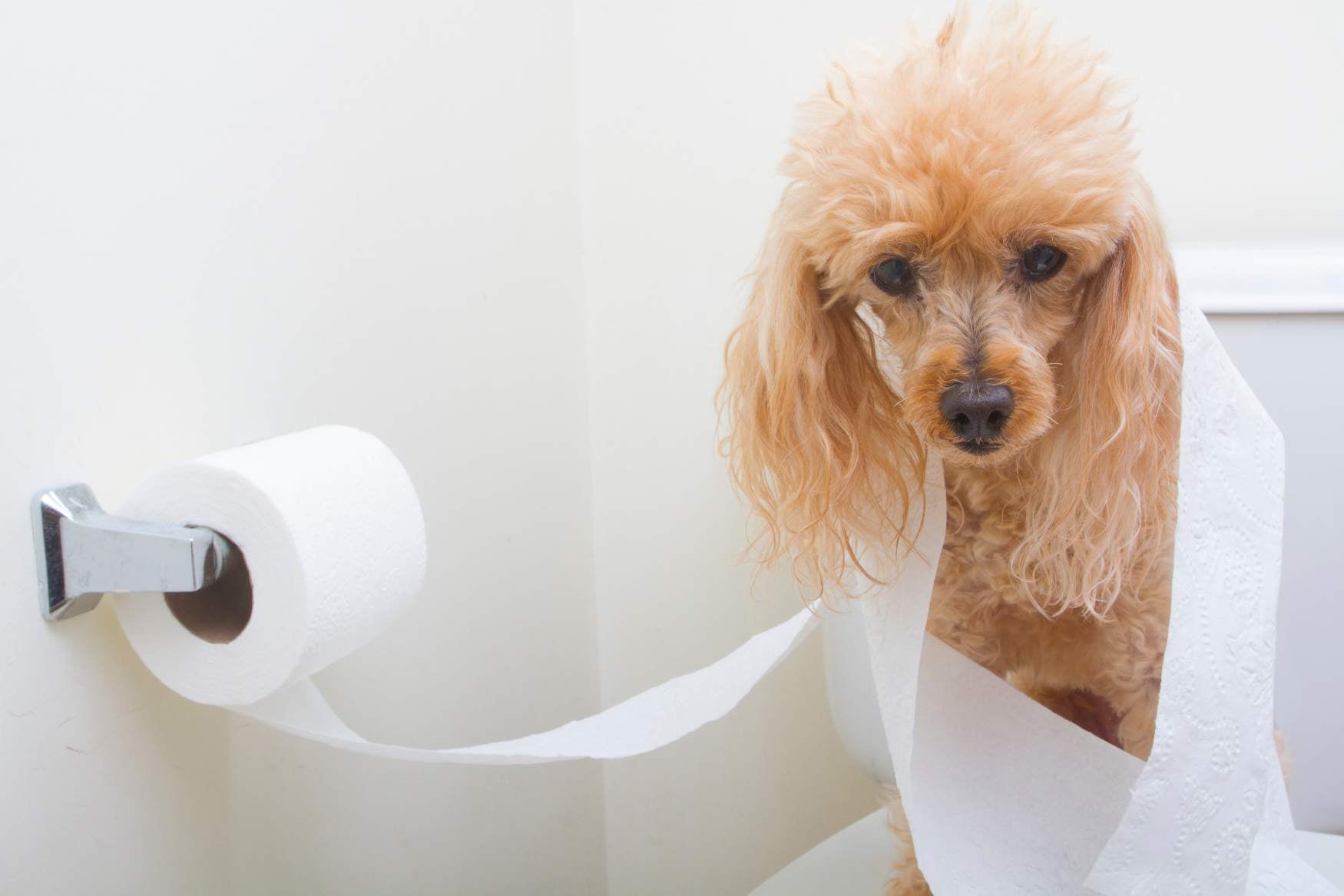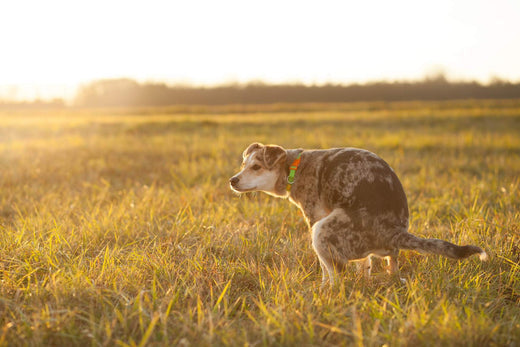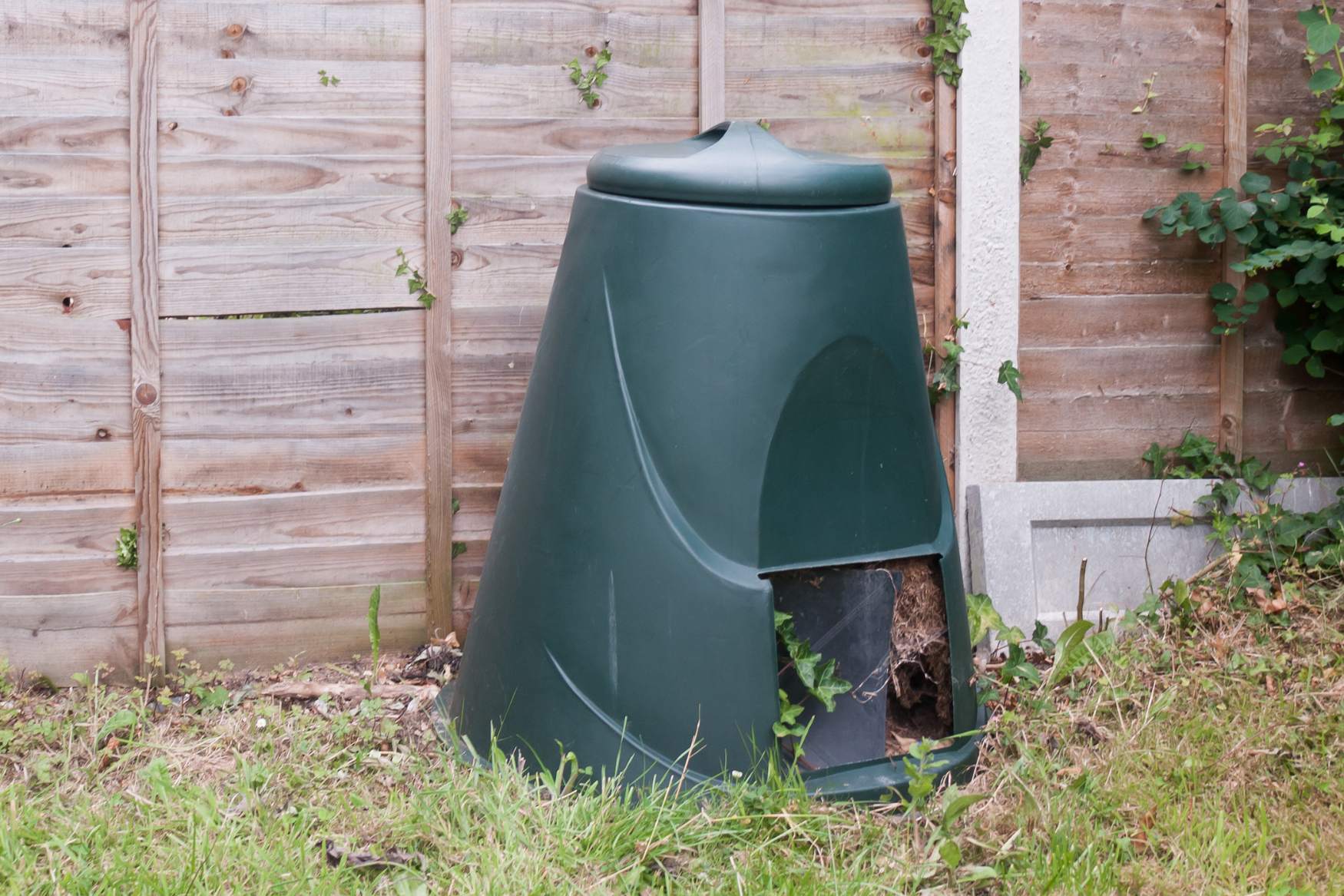Firstly, let's differentiate biodegradable and compostable.
Important Principles
When the word "biodegradable" is used on its own - it is a form of greenwashing
Without specifying how long it takes to "biodegrade" and under what conditions, the word "biodegradable" is meaningless, as eventually everything biodegrades (even regular plastic!).
Compostable bags are a subset of biodegradable bags
These bags specify that they require compost conditions (home or industrial compost) to biodegrade and to be get certified they must do so within a specified timeframe (usually 6-12months).
The resulting compost is also tested for toxicity. The most common certifications are TUV OK Compost HOME and INDUSTRIAL.
Compostable poo bags are still a type of plastic
Even if they are biodegradable and contain plant raw material.
Plastic is a category of material characterised by its chemical compound structure, not what it's made of.
Compostable bags can be made from both bio-based and fossil-fuel based polymers, and still exhibit similar functional and chemical properties of other plastics.
The Disposal Systems
The eco-friendliness of a poo bag must be assessed alongside the disposal systems available.
This is because they will have differing environmental impacts depending on where they end up.
For example, the main environmental benefit of compostable poo bags is that they can biodegrade, however this will only happen under highly specific conditions (i.e. HOME or INDUSTRIAL compost).
Landfill
Landfill has vastly different conditions to compost environments.
For example, waste is so densely packed in landfill that it lacks oxygen.
This means all waste is essentially mummified, including biodegradable materials like compostable poo bags.
What's more, without the right conditions (e.g. oxygen, moisture, microorganisms) for complete aerobic biodegradation, compostable poo bags (and other organic matter like food waste) will slowly release methane, a potent greenhouse gas.
Incineration
In incineration, everything is burnt, so whether a bag is biodegradable, compostable or plastic is irrelevant.
The differences in their environmental effects when incinerated is relatively negligible, with compostable bags potentially releasing equally harmful pollutants.
So as you can see, where they end up is critical.
But in the UK, no industrial composting facilities accept dog waste (due to the pathogens present and treatment processes required).
Therefore, INDUSTRIAL compostable poo bags are useless and can't go where they're supposed to go.
Less than 5% of dog owners are able to HOME compost their dog poo and poo bags.
Therefore, HOME compostable poo bags are useless for 95% of dog owners as they can't go where they're supposed to go.
Unfortunately, the majority of poo bags go to landfill or incineration.
The Creation of Compostable Poo Bags
With compostable poo bags giving us no "end of life" benefit, what about their "start of life" eco-friendliness?
Compostable poo bags available today are made of 3 primary ingredients:
- Polybutylene Adipate Terephthalate (PBAT) 60-80%
- Polylactic acid (PLA) 5-10%
- Cornstarch 15-30%
Manufacturers often shout about the "corn-starch", leading people to believe these bags are 100% corn-starch or 100% plant-based.
But PBAT makes up the bulk of these bags and while biodegradable, it is fossil-fuel derived.
Corn-starch does not necessarily mean sustainable either.
Farming practices used to grow crops for plastic production demand huge amounts of land and water, contributing to deforestation and resource depletion.
Heavy machinery and pesticide use also have a large environmental footprint and GMOs are often used.
Furthermore, using valuable and limited resources to grow crops for poo bags directly competes with human food production at a time when world hunger is a pressing issue.
What about how they're made?
Unfortunately their manufacture is just as polluting.
To transform these raw materials into plastics, the same process as for ‘conventional’ plastics must be followed.
Summary
Biodegradable poo bags are not eco-friendly.
Compostable poo bags only serve an environmental benefit if they are disposed of in a compost environment.
Thrown into general waste, these bags do more harm than good compared to conventional plastic when we factor in the types of raw materials used and their behaviour in landfill.
Given 95% of dog owners dispose of poo bags in general waste (which includes poo bins), compostable poo bags are pointless due to the absence of composting facilities for dog poo.
Great, now what?
If biodegradable and compostable dog poo bags are NOT eco-friendly, what can we use?
While not the perfect solution, the best option for now are poo bags made of waste materials.
Recycling existing waste that is already destined for landfill or incineration to make poo bags that ultimately end up in the same place, not only makes intuitive sense but has been proven time and again to more sustainable that making plastic from virgin materials.
Recycling requires less energy, emits less carbon emissions, reduces new plastic production and reliance on fossil fuels and conserves scarce resources like land, water and food.
That's why we choose waste-based poo bags.
And to mitigate the downsides of poo bags, we created the world's first certified Plastic Negative poo bag - meaning more plastic is removed from the environment than added as a result of their use.
Poo bags can now reduce plastic pollution!













